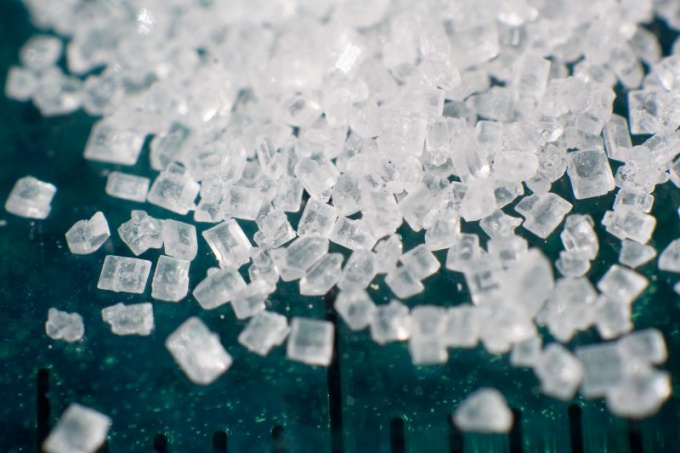For many years people with diabetes are warned that they should avoid eating sweets. However, modern researchers have changed the concept of diabetic food.
In the diet of patients with diabetes, the main aspect is the quantity of carbohydrates consumed. Previously it was assumed that honey, candy and other sweets can raise blood sugar faster and higher than fruits, vegetables or "starchy" foods (potatoes, pasta or bread). In fact, it is not so, if sweets are eaten with other foods and balanced with other foods in your menu. Despite the fact that different types of carbohydrates can affect blood sugar levels differently, their total number is of paramount importance.
The secret is that you can substitute small portions of sweets for other carbohydrates from my diet - bread, tortillas, rice, crackers, cereal, fruit, juice, milk, yogurt or potatoes.
For example, your typical dinner - boiled chicken breast, medium potato, a slice of whole-wheat bread, vegetable salad and fresh fruit. You can replace a slice of bread and fresh fruit for a piece of cake. The total amount of carbohydrate remains the same.
Most suitable treats diabetes are fruit, Jell-o, ice cream without added sugar. Other pretty good desserts can serve as a milk pudding or low-fat yogurt with added fresh berries and fruits.
Artificial sweeteners can also help you avoid eating sugars and thus reduce caloric intake. They are especially relevant when used instead of sugar in coffee and tea, or when baking bread. Most known of them are Acesulfame potassium, aspartame and saccharin.
Another substitute for sugar in diabetes – natural sweeteners. In particular, these include stevia and agave nectar. Keep in mind that the required amount of sugar and sweeteners will differ in the preparation of each product. Therefore you should experiment until you find a taste that you like.
Also, remember that agave nectar is very high in calories and should not be used for weight loss, while it has a low glycemic index and little effect on the level of glucose in the blood.
Sugar and carbohydrates
In the diet of patients with diabetes, the main aspect is the quantity of carbohydrates consumed. Previously it was assumed that honey, candy and other sweets can raise blood sugar faster and higher than fruits, vegetables or "starchy" foods (potatoes, pasta or bread). In fact, it is not so, if sweets are eaten with other foods and balanced with other foods in your menu. Despite the fact that different types of carbohydrates can affect blood sugar levels differently, their total number is of paramount importance.
The secret is that you can substitute small portions of sweets for other carbohydrates from my diet - bread, tortillas, rice, crackers, cereal, fruit, juice, milk, yogurt or potatoes.
For example, your typical dinner - boiled chicken breast, medium potato, a slice of whole-wheat bread, vegetable salad and fresh fruit. You can replace a slice of bread and fresh fruit for a piece of cake. The total amount of carbohydrate remains the same.
What can you substitute sugar?
Most suitable treats diabetes are fruit, Jell-o, ice cream without added sugar. Other pretty good desserts can serve as a milk pudding or low-fat yogurt with added fresh berries and fruits.
Artificial sweeteners can also help you avoid eating sugars and thus reduce caloric intake. They are especially relevant when used instead of sugar in coffee and tea, or when baking bread. Most known of them are Acesulfame potassium, aspartame and saccharin.
Another substitute for sugar in diabetes – natural sweeteners. In particular, these include stevia and agave nectar. Keep in mind that the required amount of sugar and sweeteners will differ in the preparation of each product. Therefore you should experiment until you find a taste that you like.
Also, remember that agave nectar is very high in calories and should not be used for weight loss, while it has a low glycemic index and little effect on the level of glucose in the blood.
